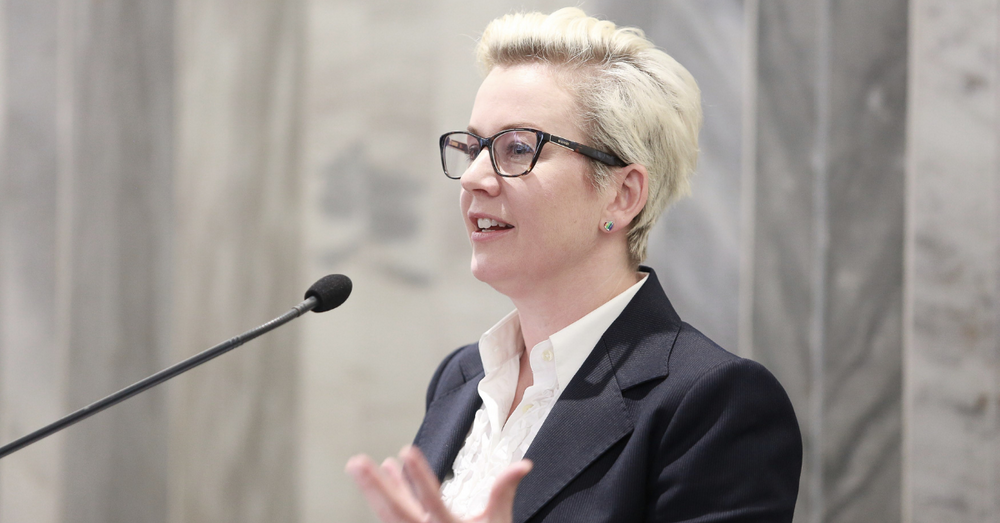Is there still gender bias in medicine?

Research from ASMS suggests there is – and something needs to be done
A Dutch study contends that the suicide rate for female GP doctors is 130 percent higher than the general population. While an article in MamaMia suggests in Australia, female medical practitioners are more than twice as likely to die by suicide than women in the general population. This article implies that gender imbalance not only exists in medicine it's thriving and more needs to be done.
In-depth interviews with female doctors have shone light onto some of the shadows around gender bias in the medical profession.
The New Zealand Medical Association reported that 44.8% of doctors were female in 2017 and it estimates that by 2025, New Zealand will have more female than male doctors. But a study by the Association of Salaried Medical Specialists (ASMS) has shown that attitudes aren’t keeping up with the times.
Dr Charlotte Chambers, principal analyst at ASMS conducted the study, which involved in-depth interviews with 14 female specialists across a range of specialties. The interview subjects were aged between 30 and 40, and some were experiencing burnout. It followed research conducted in 2016 which showed that this demographic was experiencing significantly higher rates of burnout than their male counterparts – 70% compared to 50% for males. Dr Chambers acknowledged that 50% was still a higher than acceptable rate of burnout but wanted to better understand why female doctors were experiencing a higher rate. The interviews also sought to find out why female specialists work through illness at a higher rate and self-report as bullied at a higher rate than males.
Dr Chambers said the study revealed that there is a “subtle but significant gender bias, something like having to assert yourself as a doctor when your patient has mistaken you as a nurse.” She said that these subtle biases mean those female doctors have to work harder.
One of the interviewees said, “I’ll have junior doctors who have maybe just graduated medical school and the patient will talk to them like they’re the experts”.
Looking for a doctor job that matches your career and lifestyle aspirations?
Search jobsAnother reported losing her temper with nursing staff after three years of having the incorrect surgical equipment laid out.
“I think it’s really hard to be assertive but not aggressive. Whereas for a guy, you can say, ‘Right, I’d like all my instruments set out like this and I’d like this,’ and [the nurses] will do it. Whereas if you’re a woman, they’re like, ‘Oh, she’s so uppity, she kind of …’ I think it’s really hard to get that balance right, definitely, as a female. That’s probably one of the hardest things.”
Another, perhaps surprising factor, was the expectation for women in their 30s to work harder at home than men. Dr Chambers said women had more domestic responsibilities, even if they did not have children. Those who worked part-time felt like ‘a bit of a slacker’ or ‘second-class’.
One interview subject said, “Just because the era has changed, and we are able to work – it’s not like [men have] stepped into the domestic area. They continue to be fixed that way and we have to keep asking and it’s as good as doing it ourselves. So it’s like having two full-time jobs and doing everything at home – even though you’re delegating it. You still have to delegate, and that’s the most tiring thing because you have to keep chasing up on it.”
In a media release by ASMS, Dr Chambers said it was time “to get rid of inherent inequities for women in medicine” by moving away from old ideas around gender roles.
“It’s time to adapt to a realistic model of a doctor who is increasingly a woman, or a parent with a working partner and shared domestic responsibilities.”
It’s hoped the research will spark debate on the culture and future of medicine, including the need for changes in attitude, and greater flexibility in medical training and work schedules.
